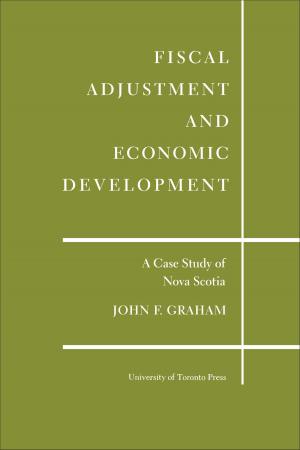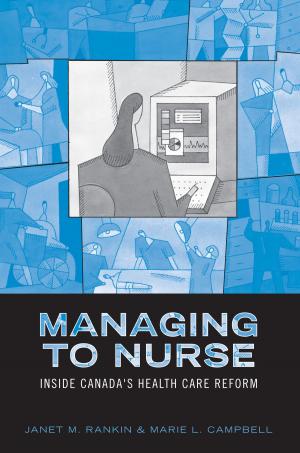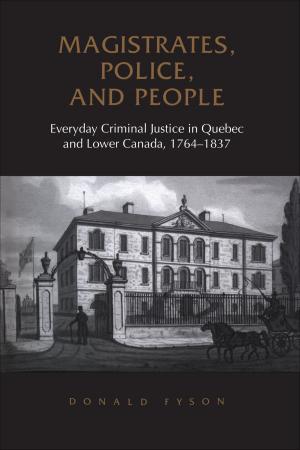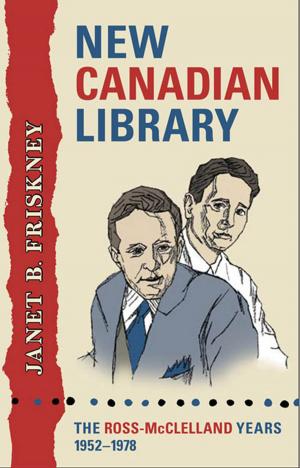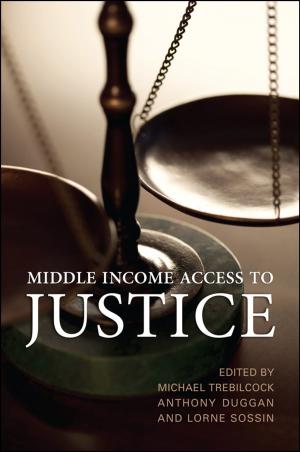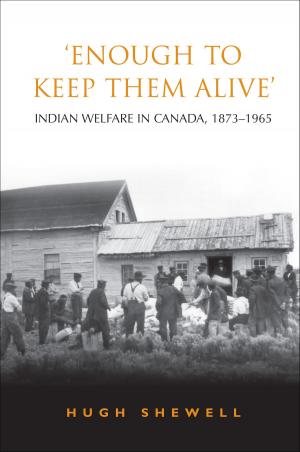The Case of Valentine Shortis
A True Story of Crime and Politics in Canada
Nonfiction, Reference & Language, Law, Legal History, History, Americas, Canada| Author: | Martin Friedland | ISBN: | 9781442658318 |
| Publisher: | University of Toronto Press, Scholarly Publishing Division | Publication: | December 15, 1988 |
| Imprint: | Language: | English |
| Author: | Martin Friedland |
| ISBN: | 9781442658318 |
| Publisher: | University of Toronto Press, Scholarly Publishing Division |
| Publication: | December 15, 1988 |
| Imprint: | |
| Language: | English |
Two men were shot and killed in the office of the Montreal Cotton Company in Valleyfield, Quebec, on a night in 1895. A third victim, shot through the head, managed to survive. Charged with the murders was Valentine Shortis, a young Irish immigrant. His trial, the longest on record at the time in Canada, was played out against one of the most dramatic periods in Canadian political history. Before the case closed it had involved some of the most important names in the country.
Did Valentine Shortis commit murder in the course of a bold robbery, as the Crown and the citizens of Valleyfield believed? Or was he insane, as the defence argued and the leading psychiatrists in Canada contended? The best-known lawyers in Quebec fought out the issues in the courts, while politicians used the case to further their careers. As the trial dragged on it became part of the intricate political tapestry of the day, along with the Manitoba schools question, the revolt of the 'nest of traitors' from the Mackenzie Bowell's cabinet, and the federal election of 1896, in which Laurier used the Shortis case to help him become prime minister.
As well as Laurier, other prominent Canadians made appearances in the case. Lady Aberdeen, the wife of the govenor-general, mysteriously put a word in the ear of Sir Charles Hibbert Tupper, the young minister of justice. We meet the larger-than-life psychiatrists, C.K. Clarke and R.M. Bucke, sex-educator Arthur Beall, and even Mackenzie King and his spirits.
Martin Friedland has vividly reconstructed one of the most dramatic criminal cases in Canada's history. Along the way he reveals much about our political past, the criminal process, French-English relations, and the history of psychiatry and corrections. Above all he tells a fascinating and compelling tale of murder and politics.
Two men were shot and killed in the office of the Montreal Cotton Company in Valleyfield, Quebec, on a night in 1895. A third victim, shot through the head, managed to survive. Charged with the murders was Valentine Shortis, a young Irish immigrant. His trial, the longest on record at the time in Canada, was played out against one of the most dramatic periods in Canadian political history. Before the case closed it had involved some of the most important names in the country.
Did Valentine Shortis commit murder in the course of a bold robbery, as the Crown and the citizens of Valleyfield believed? Or was he insane, as the defence argued and the leading psychiatrists in Canada contended? The best-known lawyers in Quebec fought out the issues in the courts, while politicians used the case to further their careers. As the trial dragged on it became part of the intricate political tapestry of the day, along with the Manitoba schools question, the revolt of the 'nest of traitors' from the Mackenzie Bowell's cabinet, and the federal election of 1896, in which Laurier used the Shortis case to help him become prime minister.
As well as Laurier, other prominent Canadians made appearances in the case. Lady Aberdeen, the wife of the govenor-general, mysteriously put a word in the ear of Sir Charles Hibbert Tupper, the young minister of justice. We meet the larger-than-life psychiatrists, C.K. Clarke and R.M. Bucke, sex-educator Arthur Beall, and even Mackenzie King and his spirits.
Martin Friedland has vividly reconstructed one of the most dramatic criminal cases in Canada's history. Along the way he reveals much about our political past, the criminal process, French-English relations, and the history of psychiatry and corrections. Above all he tells a fascinating and compelling tale of murder and politics.




